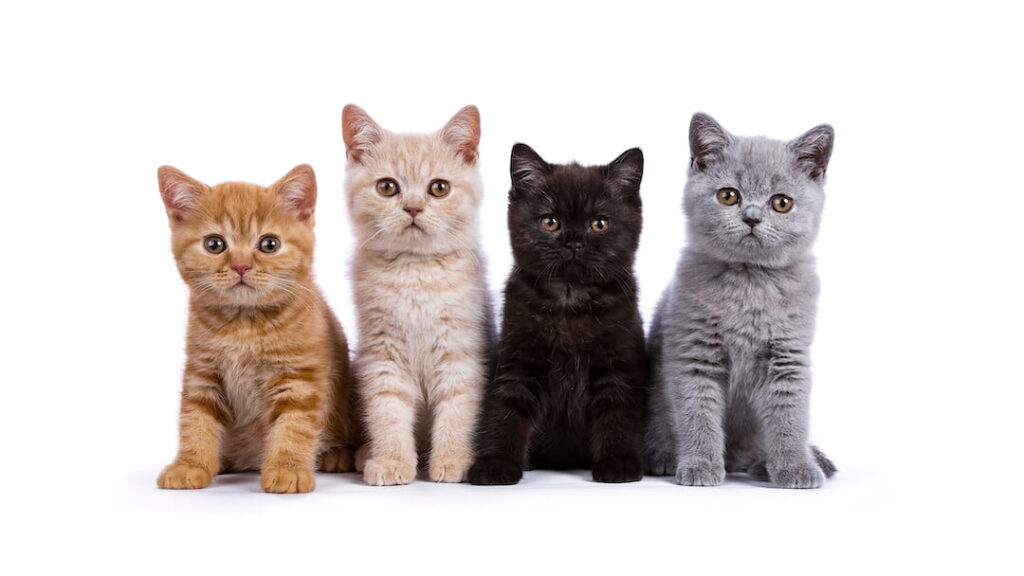
Caracal as Pets
Contents
Table of Contents
Understanding Exotic Cat Ownership

pumba caracal When it comes to breeds, cat lovers pumba caracal have a wide selection, from the classic Persian to the robust Maine Coon. But for those intrigued by more exotic options, there’s an interesting choice: the caracal. While lions, tigers, and leopards are generally reserved for zoos and preserves, residents of certain states can legally keep smaller wildcats, such as the caracal, as pets.
pumba caracal In states like Arizona, Arkansas, Delaware, Florida, Indiana, Maine, Mississippi, Missouri, Montana, North Dakota, Oklahoma, Pennsylvania, Texas, and South Dakota, licensed individuals can own these distinctive wildcats.
What Is a Caracal?
pumba caracal So, what exactly is a caracal? This tawny, mid-sized wildcat hails from the arid regions of the Middle East, Africa, and India. Often called the Persian lynx, it’s easily recognizable by its tufted, black ears, which can rotate to detect subtle sounds of prey. Equipped with fur-cushioned paws for stealth and powerful legs that allow impressive leaps up to ten feet, the caracal is a formidable hunter. Typically reaching about 3.5 feet in length and weighing between 25 to 40 pounds, caracals are solitary creatures, leaving their mothers around ten months of age and living up to 12 years in the wild.
Keeping Caracals as Pets

pumba caracal Keeping caracals as pets isn’t like caring for an ordinary kitten. Exotic pets, in general, come with higher costs than traditional cats. For instance, when Justin Bieber acquired two Savannah cats—hybrids of domestic cats and servals—in 2019, the purchase price of $35,000 drew significant attention. Those looking to buy their own exotic cats can expect to pay anywhere from $1,500 to $20,000.
pumba caracal The expense of owning a caracal extends beyond the initial purchase. Daily upkeep, including food and veterinary care, can be significantly higher. A full-grown caracal consumes up to three pounds of meat daily and needs more protein than most commercial cat foods provide. Ensuring a balanced diet often requires close collaboration with a veterinarian to create a tailored nutrition plan.
pumba caracal Caracals retain their wild nature even in a domestic setting. Their independence and playful behavior can lead to rough play and potential damage to furniture and clothing. These traits, combined with their high energy levels, add to the overall costs of ownership.
Understanding Exotic Cat Ownership
pumba caracal Exotic cat ownership laws vary, reflecting differing opinions on the advisability and ethics of keeping such animals in domestic environments. Wildcats like caracals are generally not recommended for households with children or other pets. Before deciding to adopt an exotic pet, it’s crucial to review local ownership laws and assess whether you can meet the unique needs of such a demanding pet. If you do choose to bring a caracal or another exotic cat into your home, responsible pet care practices become even more vital, and ongoing consultation with your veterinarian is essential.

